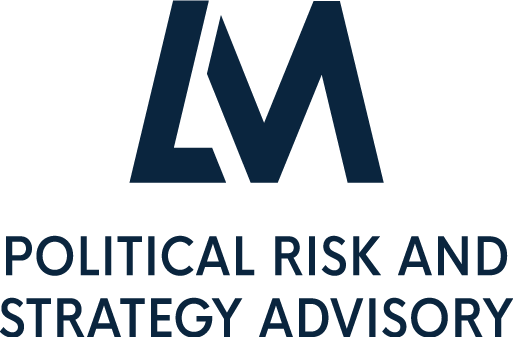Austrian technology kills innocent people?
Comment by Dr. Johannes Leitner on the Rotax case
The Austrian company Rotax is currently receiving high attention in the media. Engines produced by this company are installed in Iranian combat drones, which are inter alia used by Russia in Ukraine. The company, which produces in Upper Austria and is part of the Bombardier Group based in Canada, once again faces high reputation risks.
The company itself has so far been very reticent about the incidents, stating that an investigation has already been initiated. Already in 2020, Rotax was confronted with similar allegations, when alleged Rotax engines were used in Turkish combat drones deployed against the Kurdish PKK as well as by Azerbaijan in the fight against Armenia. Back then, the company proclaimed it would no longer supply engines to countries characterised by unclear usage.
The question arises how to evaluate this incident. The implicit power of the message is enormous: Austrian technology is killing innocent people in Ukraine.
The company complies with all regulations – on the surface at least
Since these engines were certified as products for purely civilian use, there is no need on the part of the company for approval by the Austrian bodies of export control. One may of course be surprised that no dual-use classification was made, but that is the way it is. This in turn means that Rotax is allowed to sell its engines abroad, unless other export restrictions such as sanctions and embargoes take effect, which was again not the case.
Rotax, on the other hand, does not sell its engines directly to end customers, but through distributors. These usually buy the products and sell them on to further intermediaries or end customers.
It is precisely at this point that the question arises as to the producer's obligations to ensure that its products are not put to abusive end uses. This abusive end use has obviously taken place through the installation in military combat drones, assuming the engines are indeed from Rotax and not a copy from another manufacturer.
Where does the company's responsibility end?
Maintaining a widespread, international dealer network is nothing atypical and even less reprehensible. But it does not absolve the manufacturer from fulfilling its obligations. These obligations are aimed, among other things, at ensuring, with reasonable effort, that the products will not be subject to abusive end uses.
In this respect, the question arises whether the company can critically scrutinize and elicit the actual market volume for civil applications for Rotax engines. If dealers order volumes that do not correspond to the market volume, the manufacturer must at least ask himself what happens to the products ordered by dealers but which are above the expected sales volume. How plausible and resilient are the dealers' explanations? Are the deviations substantial, or marginal?
In Europe and particular in Austria, companies have done very well for years with the strategy, better not to look closely. The motto has rather been, the less I know, the less I can be accused of.
Accountability and the "ethical risk"
However, the (international) legal environment has evolved. Increasingly stringent compliance regulations, stricter case law, rising accountability requirements and, not least, more active media and civil society attention mean that companies can no longer pretend not to know. Instead, companies must prove and document that they have done everything reasonable to avoid breaking the rules. In other words, they must have implemented a well-functioning compliance management system, conducted a risk assessment, and so on.
Just as in similar incidents in the past, the "ethical risk" is by far the most relevant risk factor in this context. "Ethical risk" refers to public expectations that companies have to act in a "morally correct" manner. There is no doubt that it is an unethical action, when engines are installed in combat drones that are then used in a war of aggression, attacking civilians. It is then irrelevant whether the company has complied with the legal framework in this case. In other words, even if Rotax has not violated any legal regulations, the company is now posed to public "blaming and shaming". Rotax now has to respond to this.
